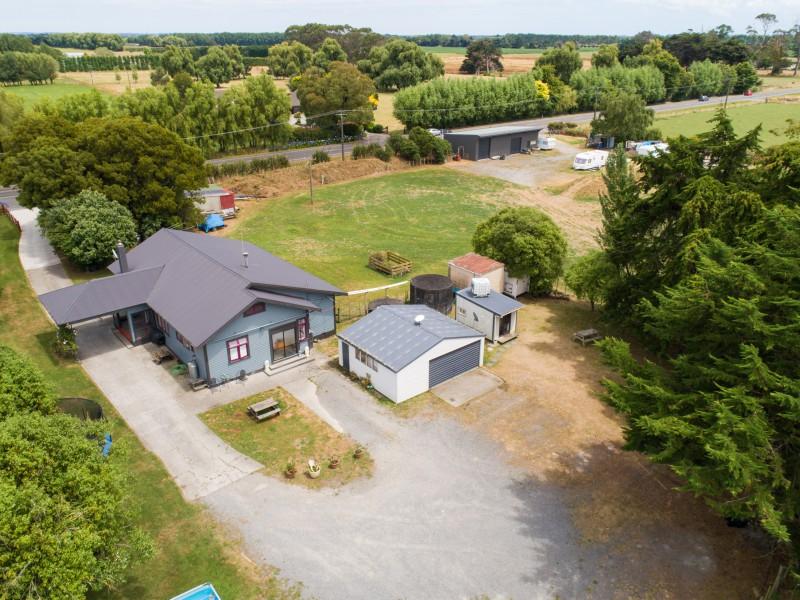Can Exercise Help?
Can Exercise Help?
Yes! Exercise can be hugely beneficial in helping to prevent and control many of today’s common health conditions.
Diabetes
Diabetes can be a crippling illness, and exercise is the cornerstone of preventing diabetes and managing both Type 1 and Type 2 diabetes. Both strength training and cardiovascular exercise develop muscle fibres that are more responsive to insulin. They work by creating a higher capillary density and greater blood supply. This allows insulin to work much more effectively at regulating blood sugar levels.
Fact: “Being a normal weight and exercising regularly reduces the risk of developing diabetes by 58%”
Mental Health
A lot of evidence suggests that regular exercise can be effective for people suffering from mild to moderate depression and anxiety. It does this by regulating key mood enhancing neurotransmitters (chemical carriers of information throughout the nervous system) improving heart lung function, aiding sleep and enhancing self-esteem. Research shows in some cases exercise can manage depression and prevent relapse as effectively as medication, with none of the undesirable side effects.
Fact: “Over the course of a year 1 in 5 New Zealanders will experience depression or anxiety”
Cancer
Every day approximately 50 people are diagnosed with cancer in New Zealand. It is estimated that around 80% of these cases are caused by environmental or lifestyle factors and are therefore preventable. Regular activity is one of the keys to reducing the risk of developing some of our most common cancers like breast, colon and prostate cancer. Furthermore, traditional advice to patients undergoing treatment is to “take it easy” has been recently questioned by a comprehensive review of more than 60 studies. It seems that being active during treatment actually has a hugely positive effect on both mood and wellbeing. Once treatment is complete exercise can also reduce the impact of side effects such as swelling, anxiety, depression, fatigue, impaired mobility and changes to weight.
Fact “Exercising to recommended levels (6 hrs per week) can reduce the risk of cancer recurring by 40%”
Coronary Heart Disease (CHD)
(High Cholesterol – High Blood Pressure)
Forty percent of NZ deaths are due to CHD, making it our number 1 killer. The heart responds to exercise by getting stronger and pumping blood more efficiently. Exercise also influences cholesterol by reducing low-density or “lousy” lipoproteins and increasing high-density “happy” lipoproteins, which can help improve blood cholesterol composition (high blood cholesterol can contribute to a narrowing of the arteries which reduces the blood flow and increases the risk of heart attack and stroke). Over the long-term, exercise also lowers blood pressure which, if elevated is a serious contributory factor to CHD and the likely hood of a stroke.
Fact: “Inactivity roughly doubles the risk of CHD and is a major factor for stroke”
Osteoporosis
It is a misconception that osteoporosis is only relevant for frail, older people and that nothing can be done about it. The medical profession is in agreement that taking steps early on in life will pay dividends in terms of preventing this debilitating condition taking hold later on. Prevention involves having an adequate intake of vitamin D, calcium, and regular weight bearing, high impact exercise. Muscle pulling on bone builds bone, so weight bearing exercise builds denser stronger bones and the more bone mass built before age 25 or 30, the better. Fifty percent of NZ females over 60 already have osteoporosis and about a third of men over 60 have it too.
Fact: “Bone loss in women can begin as young as 25 years of age”
Turn downsizing stress into strength
Downsizing can open the door to a new stage of your life that is rich in opportunity. However, it can be a daunting prospect. If you are embarking on a new chapter of life, the thought of shedding familiar possessions can feel even more stressful. This can be true even if the life changes are a good thing, such as a move to somewhere you will love to live.
Once you understand why you have this feeling, you can reframe it as creating a new environment that will support your present life while reminding you of your best experiences.
Click read more for the full article.

Minimalist Design in Apartment Living
Ryman’s Charles Upham Retirement Village resident Di is a former fashion designer, artist and self-confessed shoe hoarder who travels, still paints and has stamped her eclectic minimalist style on her apartment.
She gives us her top 3 design tips on how she’s turned her space into a beautiful home.

Hi, what's your name?
We want to get to know our neighbours and we think you do too!
Simply share a little about yourself on the Know Thy Neighbour page and others will follow suit (you could also win one of our 10 x $50 Prezzy® cards!).
Are you the go-to person for baking advice (and a cup of sugar!) or have some computer skills that you're happy to share? We'd love to know.
Whether you're looking for others to join you on your walks, or just wanting to know more about your neighbours, go ahead and introduce yourself.








 Loading…
Loading…




















